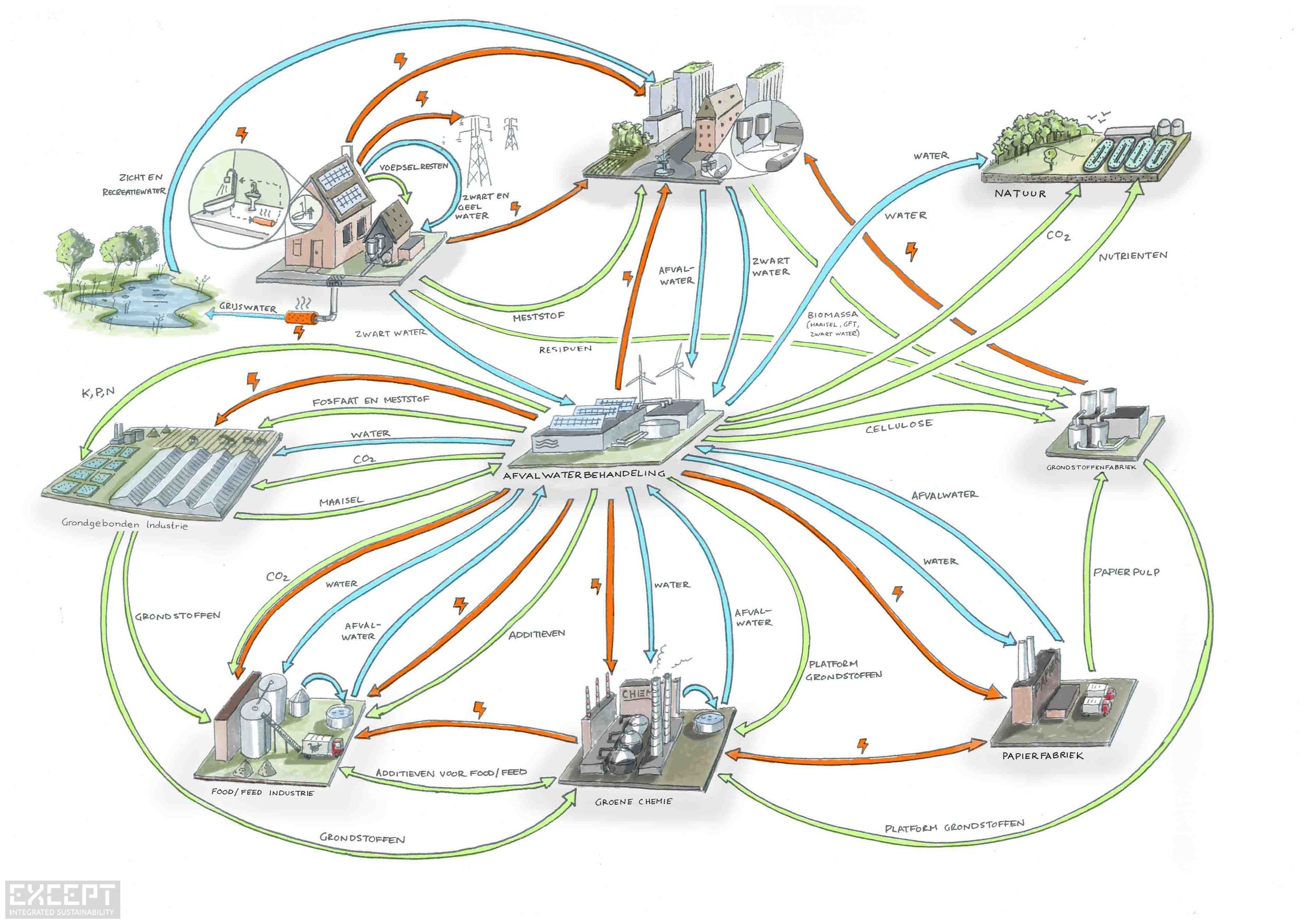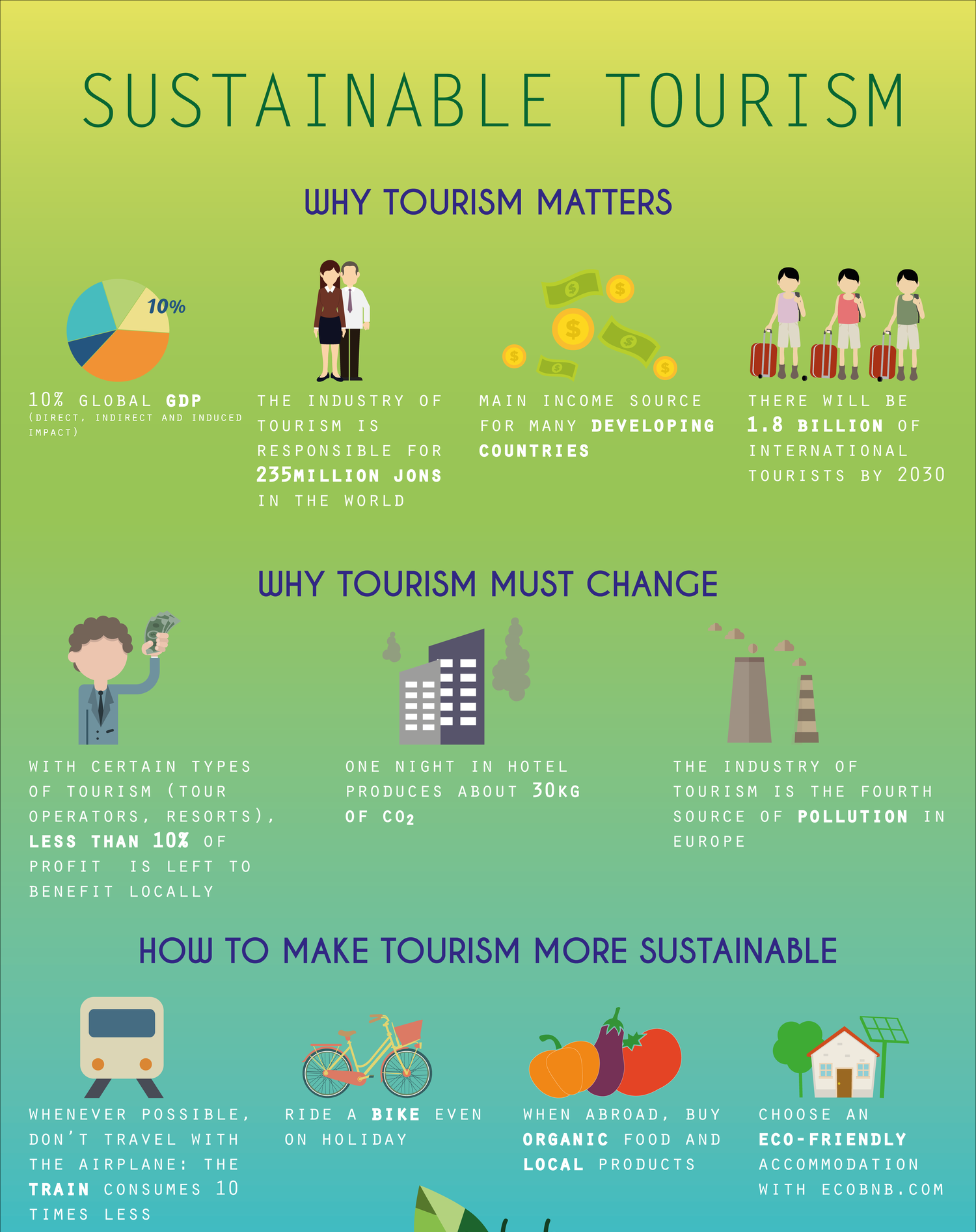
Introduction
Sustainable tourism and responsible wastewater management are crucial for promoting environmental conservation and community development. By embracing sustainable practices and effective wastewater management, the tourism industry can minimize its ecological impact and contribute to the well-being of local communities. This article explores the history, key concepts, discussion points, case studies, current trends, challenges, and future outlook of sustainable tourism and wastewater management.
Historical Background
Before sustainable tourism practices emerged, the industry had a significant negative impact on the environment. Neglected wastewater management led to pollution of natural water bodies. However, the need for sustainable tourism practices eventually arose, leading to the development of strategies and initiatives aimed at reducing the industry’s ecological footprint. Simultaneously, wastewater management techniques evolved to address growing concerns.
Key Concepts and Definitions
Sustainable tourism refers to a set of principles and practices that aim to minimize the negative environmental, social, and cultural impacts of tourism while maximizing benefits for local communities and ecosystems. Responsible wastewater management involves the proper treatment and disposal of wastewater generated by tourism activities, ensuring minimal harm to the environment and public health. Environmental impact assessments also play a crucial role in evaluating potential environmental consequences of tourism projects and aid in implementing sustainable practices.

Main Discussion Points
Sustainable Tourism Practices
Sustainable tourism practices encompass various strategies, such as conserving natural resources, promoting local cultures and economies, and minimizing waste generation. Examples include eco-friendly accommodations, promoting local products, and responsible waste management. These practices benefit local communities by creating employment opportunities and preserving cultural heritage, while also contributing to the protection of ecosystems and biodiversity.
Responsible Wastewater Management
Responsible wastewater management involves adopting proper treatment and disposal methods for the wastewater generated by tourism activities. Effective management includes using advanced treatment technologies, such as biological treatment and filtration systems, to remove contaminants before disposal. Adequate wastewater management is essential in preventing water pollution, preserving aquatic ecosystems, and safeguarding public health.
Integrated Approach to Sustainable Tourism and Wastewater Management
An integrated approach involves collaboration between the tourism industry and local authorities to establish policies and regulations that promote sustainable practices. This approach ensures the adoption of sustainable tourism principles and effective wastewater management strategies. Successful integration requires the active involvement of stakeholders, including government agencies, local communities, and tourism operators, to achieve a balance between economic growth and environmental conservation.
Case Studies or Examples
Case Study: Sustainable Tourism in Costa Rica’s Ecotourism Industry
Costa Rica has successfully implemented sustainable practices in its ecotourism industry. The country prioritizes environmental conservation through measures such as protected areas, reforestation projects, and wildlife conservation efforts. These practices have led to positive socio-economic impacts, including increased revenue from tourism, job creation, and improved infrastructure in rural areas.
Case Study: Responsible Wastewater Management in the Maldives
The Maldives, as a small island nation, faces unique challenges in wastewater management due to limited land availability and vulnerability to rising sea levels. To address these challenges, the Maldives has implemented innovative solutions such as decentralized wastewater treatment systems, wastewater recycling, and awareness campaigns to encourage responsible water usage. These initiatives have helped minimize the impact of wastewater on fragile ecosystems and ensure a sustainable tourism industry.
Current Trends or Developments
Sustainable Tourism Certifications and Standards
The tourism industry is increasingly adopting sustainable tourism certifications and standards. Certifications like Green Globe and Travelife provide guidelines and benchmarks for tourism operators to follow. By achieving these certifications, businesses demonstrate their commitment to sustainable practices, thereby attracting environmentally conscious tourists.

Technological Advancements in Wastewater Treatment
Technological advancements have revolutionized wastewater treatment methods. Innovations such as membrane filtration, ultraviolet disinfection, and anaerobic digestion have improved the efficiency and effectiveness of wastewater treatment, reducing environmental impacts even further. These advancements enable the tourism industry to implement more sustainable wastewater management practices.
Research on the Environmental Impact of Tourism-related Wastewater
Ongoing research aims to understand the environmental impact of tourism-related wastewater and develop effective mitigation strategies. Studies focus on evaluating the effects of wastewater on water quality, aquatic ecosystems, and public health. This research provides valuable insights for policymakers, tourism operators, and environmental organizations to implement informed decision-making and sustainable wastewater management practices.
Challenges or Controversies
Balancing Economic Growth and Environmental Conservation
One of the primary challenges in sustainable tourism and wastewater management is striking a balance between economic growth and environmental conservation. Some argue that strict regulations and sustainable practices hinder economic development, while others emphasize the importance of preserving natural resources for future generations. Effective collaboration, innovative solutions, and recognizing the long-term benefits of sustainable tourism are essential in achieving this balance.
Disagreements on the Effectiveness of Sustainable Tourism and Wastewater Management Practices
Debates exist regarding the effectiveness of sustainable tourism practices and wastewater management strategies. Some argue that sustainable tourism is merely a marketing strategy, while others believe it genuinely contributes to environmental conservation and community development. Similarly, opinions differ on the efficacy of wastewater treatment methods and the extent of their environmental impact. Continued research and dialogue are necessary to address these controversies and refine practices.
Addressing the Lack of Awareness and Education Among Tourists and Industry Stakeholders

A lack of awareness and education among both tourists and industry stakeholders poses a significant challenge. Many tourists may not be aware of sustainable practices or the importance of responsible wastewater management. Likewise, industry stakeholders, including tourism operators and policymakers, may lack knowledge about sustainable tourism strategies and effective wastewater treatment options. Educating both groups is crucial to driving positive change and encouraging the adoption of sustainable practices.
Future Outlook
Potential for Increased Adoption of Sustainable Tourism Practices
The future holds promising opportunities for increased adoption of sustainable tourism practices. As awareness of environmental issues grows, more tourists are seeking sustainable travel options. This trend encourages tourism businesses to implement sustainable practices, leading to reduced environmental impacts and improved community development.
Advancements in Wastewater Treatment Technologies
Technological advancements will continue to drive improvements in wastewater treatment. Research and development efforts focus on energy-efficient treatment methods, decentralized systems, and resource recovery from wastewater. These advancements will enhance the efficiency and sustainability of wastewater management in the tourism industry.
Importance of Continuous Research and Innovation
Continuous research and innovation are vital in addressing emerging challenges and improving sustainable tourism and wastewater management practices. Research efforts should focus on understanding the complex interactions between tourism activities and the environment, exploring new treatment technologies, and evaluating the long-term impacts of sustainable practices. Innovations driven by research will help shape the future of the tourism industry.
Conclusion
In conclusion, sustainable tourism and responsible wastewater management are essential for environmental conservation and community development. By adopting sustainable practices and effectively managing wastewater, the tourism industry can minimize its ecological footprint and contribute to the well-being of local communities. Collaboration, innovation, and continuous research are necessary to shape a future where tourism and the environment thrive in harmony.
References
List of books, articles, and research papers on sustainable tourism and wastewater management
Relevant organizations and websites for further reading and research on sustainable tourism and wastewater management.




